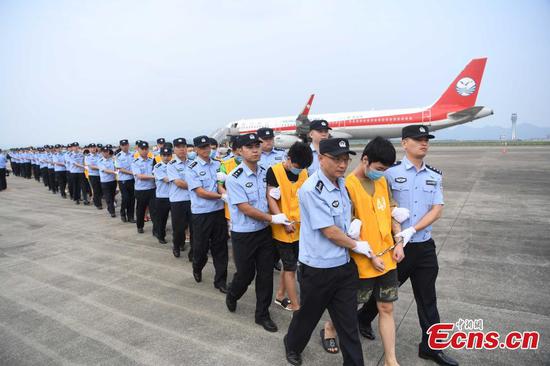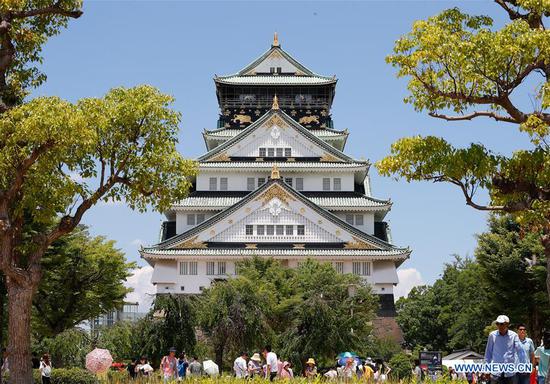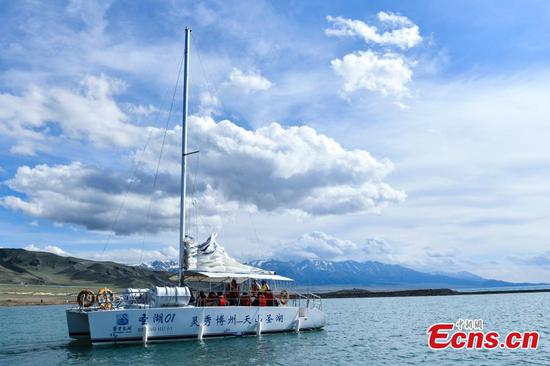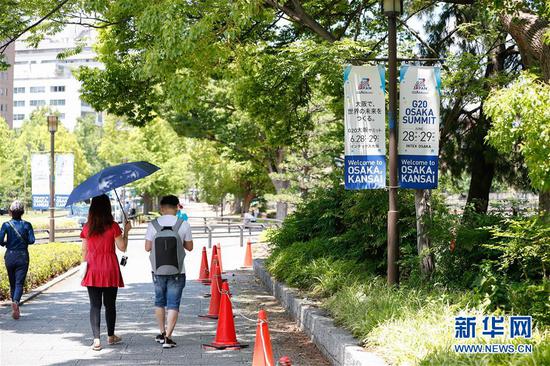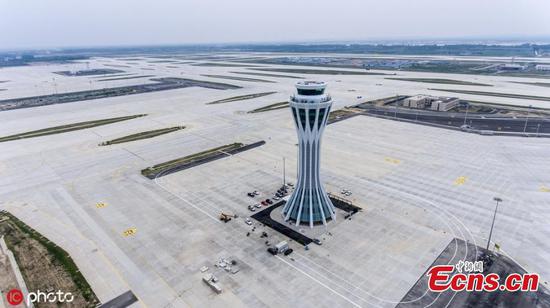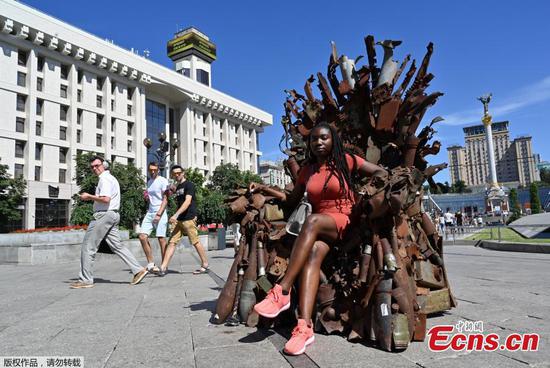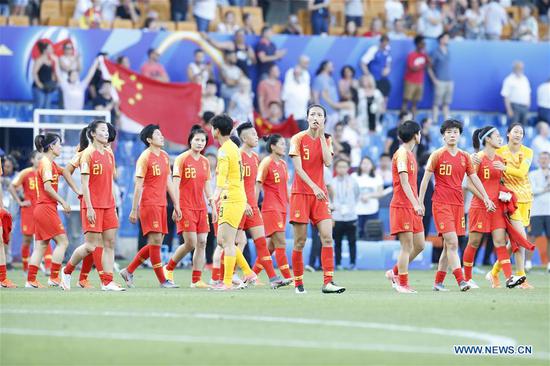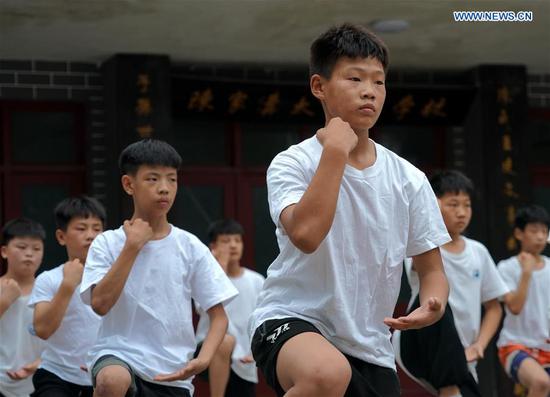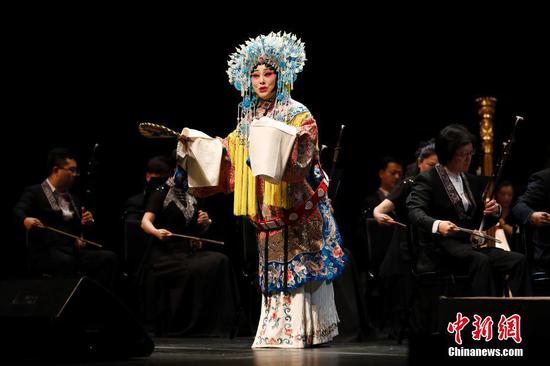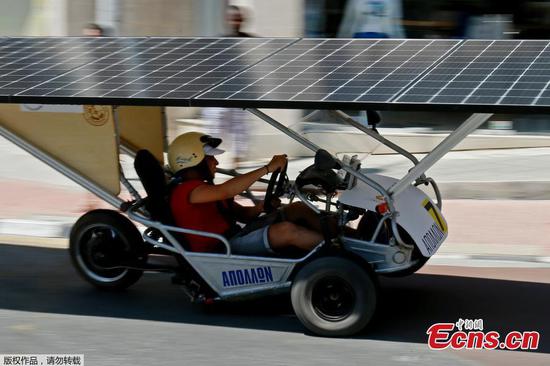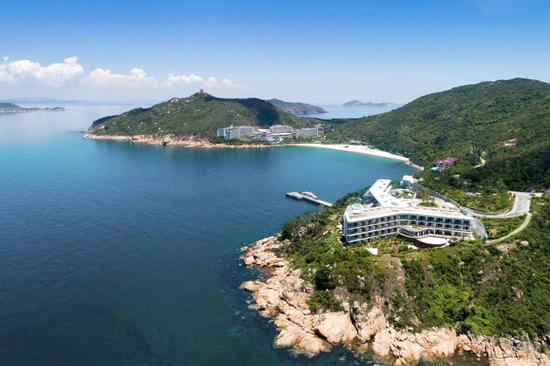Need for consensus
What concerns the international community the most is whether G20 economies can show solidarity at the upcoming summit in tackling the risks of global economic downturn.
Although many G20 members have repeatedly called for coordination of economic policies over the past few years, the bloc is still divided on certain thorny issues, such as rising protectionism and climate change.
For example, the G20 ministerial meeting earlier in June failed to include opposition to trade protectionism in the joint statement, due to objections from the US side.
"The US... lost interest in cooperating in a multilateral format and actually stalled the process of reforming the system of global governance," said Yana Leksyutina, a professor from of St. Petersburg State University in Russia.
The advanced economies attending the G20 summit should act positively to reach some agreement "which would be beneficial to people across the world," said Qian Meijun, professor of the College of Business and Economics in the Australian National University.
OECD Chief Economist Laurence Boone suggested "governments should coordinate policy actions to avoid a further downturn".
In an interview, Atsushi Sunami, vice-president at the National Graduate Institute for Policy Studies in Tokyo, called on all to understand the real impact of trade tensions, and end the trade frictions as soon as possible.
There will not be any winner, said political analyst Takakage Fujita.
He said the economic and trade friction provoked by the US hurts not only China, but also US farmers as well as US industries, which have already issued warnings against such reckless acts of the US government.
Economy has no borders, said Tadashi Yanai, founder of the famous Japanese clothing brand Uniqlo, adding that he hopes all could understand that the world is closely linked, and people of all countries look forward to a peaceful and stable life.
Many hope that G20 economies can take concrete actions such as returning to the negotiating table to alleviate trade tensions.
Fujita suggested major economies like the US should, from the perspective of being conducive to world peace and development, return to talks, and solve issues through rational negotiation and consultation.
According to Japanese media reports on Wednesday, leaders of the G20 bloc will call this week for the promotion of free trade to achieve strong global growth.
In preparing a joint communique, Japan, the chair of the meetings, seeks common ground between the US, which opposes language denouncing protectionism, and other nations, which want a stronger warning against the risk of trade tension.
A draft of the document shows G20 nations will highlight the promotion of free trade and technological innovation as two of the key drivers of the global economy, the Asahi newspaper said.










